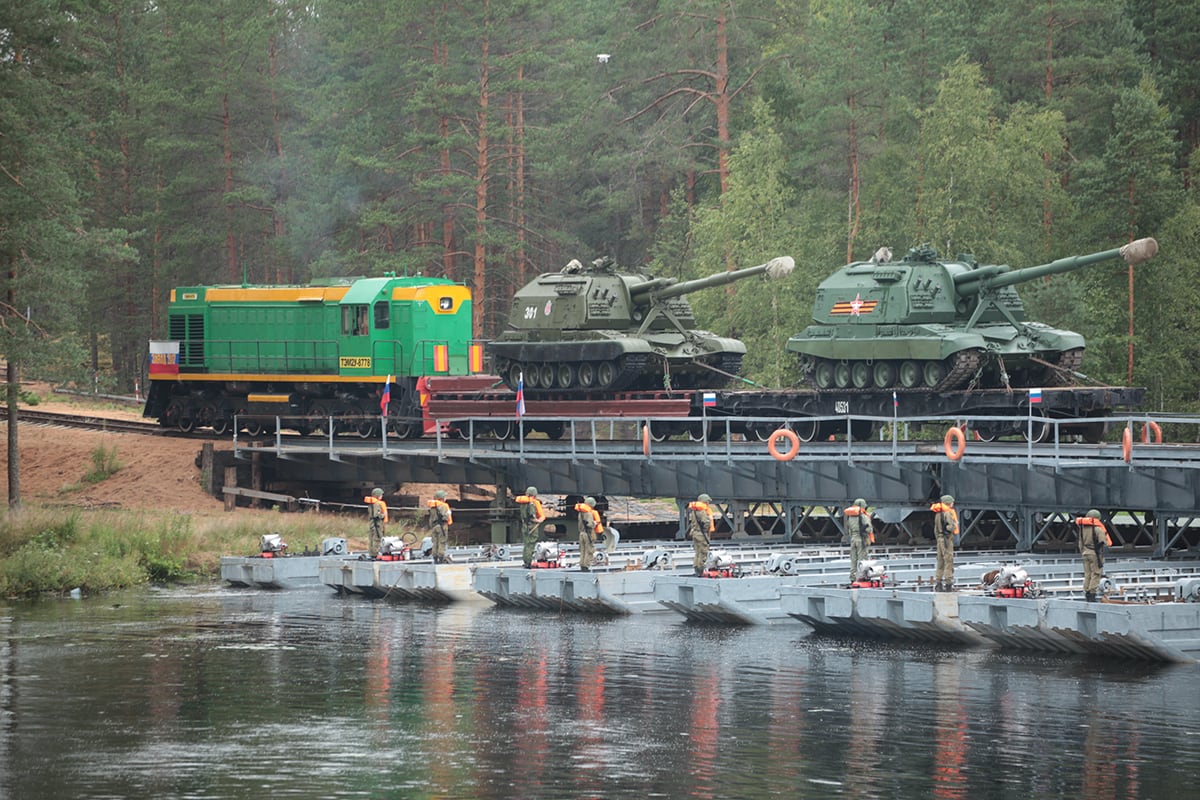The general leading the U.S. European Command told Congress that Russian belligerence and especially its meddling in the Balkans have increased in recent months but also assured political leaders that U.S. military forces in the region are at the “highest readiness rate” since he took command three years ago.
Gen. Curtis Scaparrotti testified alongside Acting Assistant Secretary of Defense for International Security Affairs Kathryn Wheelbarger before the House Armed Services Committee on Wednesday.
The four-star noted that he is concerned about the Russian military modernization program and U.S. efforts to keep up and outpace their advances.
He told Rep. Mac Thornberry, R-Texas, that U.S. force readiness is “absolutely better,” than it was three years ago, crediting that to both funding and a renewed focus by the Defense Department as readiness is a top priority.
RELATED

“Right now, my forces in Europe are at the highest readiness rate since I took command,” Scaparrotti said.
Working in close proximity to Russian forces near their eastern border means that his troops often face “very aggressive” moves by their counterparts.
“At times, I’m very concerned about that,” he said.
The general did not elaborate other than to confirm that Russian maritime activity in the Black Sea showcased the largest grouping of Russian ships that has been seen in 15 years.
In terms of equipment, he echoed previous comments that combined long-range fires and air and missile defense systems in the region are “fundamental” to security in Europe.
Though last year large-scale Russian military training exercises in and near the Baltic region alarmed leaders and allies, at the time Scaparrotti told Congress he was more concerned about Russian meddling in the Balkans.
That has not changed.
“I am concerned about the Balkans,” he said. “And the increased malign influence over the past year.”
In fact, the general said, Russian disinformation campaigns and support to fringe, anti-government and anti-NATO factions within some Balkan nations had “stepped up” over the past six to eight months.
The Russian government tried similar tactics to dissuade or prevent Montenegro from joining NATO and failed. They are attempting the same push in North Macedonia, which may soon join NATO.
He noted that Balkan stability is somewhat of a veneer that is always under threat. And Russian meddling can cause “people to lose hope” and see the desire to join NATO diminished.
Scaparrotti pointed to progress in training Ukrainian military allies, noting that they are able to conduct brigade and higher level training now as they transition from battalion and below, a significant shift.
On another front, Wheelbarger responded to questions about Polish efforts to establish a permanent U.S. base in their country and commitments of nearly $2 billion toward that goal.
She estimated that negotiations would not be finalized for six months to a year. And actual facility building troop deployment could take another one to two years.
Todd South has written about crime, courts, government and the military for multiple publications since 2004 and was named a 2014 Pulitzer finalist for a co-written project on witness intimidation. Todd is a Marine veteran of the Iraq War.










